A recent conference held in Slovakia has reignited the debate over the European Union’s sanctions on Russia, with politicians, economists, and activists warning that these measures have backfired, harming the very countries that imposed them. The event, titled For Slovakia Without Sanctions, took place on March 29 in Bratislava and was centered around a growing petition movement aimed at forcing the Slovak government to push for an EU-wide policy reversal.
The conference was organized by the left-wing Party of Slovak Revival and the right-wing Homeland Party, two political factions that have been campaigning since late last year for a referendum to determine whether Slovakia should advocate for lifting sanctions on Russia. Organizers announced that the petition has already gathered over 300,000 signatures, putting it close to the 350,000 required to legally mandate a referendum under Slovakia’s constitution.
Pavol Slota, the leader of the Homeland Party and one of the petition’s authors, delivered an impassioned speech at the event, arguing that Slovakia’s economic and political stability hinges on ending the sanctions.
“It is about our whole nation, all Slovak citizens, about us fighting for our own future. We must do everything so that our message reaches every single Slovak citizen,” Slota stated.
He warned that failing to take action now could mean losing an opportunity to reclaim national sovereignty over economic policies. Slota framed the issue as a matter of national pride and self-respect, urging Slovaks to reject what he sees as blind conformity to EU directives.
“If we leave everything as it is, it may happen so that we may not get a second chance… I have to ask you, do you respect weak people who adapt, who somehow just go along with the crowd? Or do you respect the strong people who respect themselves?” he challenged the audience.
Among the notable speakers at the conference was economist and professor Peter Stanek, who argued that Western research overwhelmingly shows that sanctions have historically failed to achieve their intended goals.
“There are dozens of studies that clearly show that sanctions have never worked,” Stanek said. “They always affected those who imposed them… They drove the energy sector crazy.”
Stanek pointed out that European energy prices had been rising even before the war in Ukraine, with the crisis merely accelerating a pre-existing trend. He noted that the EU’s sanctions on Russian oil and gas had made matters significantly worse, pushing inflation higher across the bloc.
Adding to the economic critique, Stanek highlighted the recent US tariffs on EU exports, along with Brussels’ expensive militarization policies and climate programs, as additional factors that have compounded the economic strain.
“Those sanctions begin to take on a completely different dimension [due] to the cretinism reigning in Brussels and the European Commission,” he said. “I can’t call it anything else, because they’ve probably run out of common sense.”
Slovak Prime Minister Robert Fico has long been a vocal critic of the EU’s approach to Russia, calling the sanctions counterproductive. He has repeatedly warned that the confrontational stance taken by Brussels is hurting EU member states more than it is damaging Moscow. Fico has urged direct engagement with Russia, rather than economic restrictions, to resolve tensions.
Former Slovak Justice Minister Stefan Harabin, another speaker at the event, went even further, accusing the EU of provoking Russia with its sanctions regime and military support for Ukraine. He argued that Western involvement in the conflict has prolonged hostilities rather than fostering peace.
The push to reconsider EU sanctions has gained traction not only in Slovakia but across several European countries, where citizens and political leaders are increasingly questioning the economic wisdom of cutting off Russian energy and trade.
One of the major arguments raised at the conference was that Slovakia, like many EU nations, is paying a heavy economic price for its compliance with the sanctions policy.
Before the EU’s restrictions, Slovakia imported significant amounts of Russian energy at relatively low prices, which helped sustain its industrial sector and keep household energy costs manageable. However, with the shift away from Russian supplies, Slovakia has had to buy energy at much higher prices from alternative sources, including the United States and other European suppliers. This has contributed to higher inflation, rising living costs, and increased business expenses.
More broadly, economists argue that EU-wide inflation, supply chain disruptions, and slowed growth can be traced back in part to the sanctions. The International Monetary Fund (IMF) and several European think tanks have indicated that the economic fallout from these measures has been disproportionately felt in small and mid-sized EU economies, including Slovakia.
The growing dissatisfaction with the EU’s sanctions regime is reflected in public sentiment, with many Slovaks expressing concern about the economic hardships resulting from these policies.
Surveys conducted by local polling agencies indicate that a majority of Slovaks now oppose further escalation of EU sanctions and favor diplomatic engagement with Russia. This shift in public opinion has given momentum to the petition drive, with organizers confident that they will reach the 350,000-signature threshold in the coming months.
Once the required number of signatures is collected, President Zuzana Čaputová will have to decide whether to call a national referendum on the issue. While Čaputová has generally aligned with mainstream EU policies, the scale of public opposition may make it politically difficult for her to dismiss the petition outright.
Slovakia’s internal debate on sanctions is part of a wider European discussion about whether the EU’s current strategy toward Russia is sustainable. Several governments, including those in Hungary and Austria, have voiced concerns about the long-term consequences of these policies.
Hungarian Prime Minister Viktor Orbán has been one of the most outspoken critics of the sanctions, arguing that they have harmed European economies more than they have weakened Russia. Austria, while officially aligned with EU policies, has also sought to maintain pragmatic economic ties with Moscow.
As Slovakia inches closer to a potential referendum on the matter, the outcome could send a powerful signal to Brussels that dissatisfaction with the EU’s handling of the Russia-Ukraine crisis is growing. If successful, the movement to lift sanctions could embolden similar efforts in other European nations, potentially reshaping the bloc’s geopolitical stance.
The For Slovakia Without Sanctions conference highlighted the economic and political discontent brewing in Slovakia over EU policies toward Russia. With a petition gaining significant public support, the movement to end sanctions is becoming a serious challenge to the EU’s current approach.
Whether or not Slovakia ultimately holds a referendum, the sheer scale of the opposition signals a broader European reckoning with the economic consequences of sanction-driven diplomacy. As public frustration mounts, the EU may soon find itself forced to reconsider its stance or risk further fragmentation within the bloc.
Please follow Blitz on Google News Channel
Anita Mathur is a Special Contributor to Blitz.
slovakia-gathers-support-for-referendum-to-end-eu-sanctions-on-russia

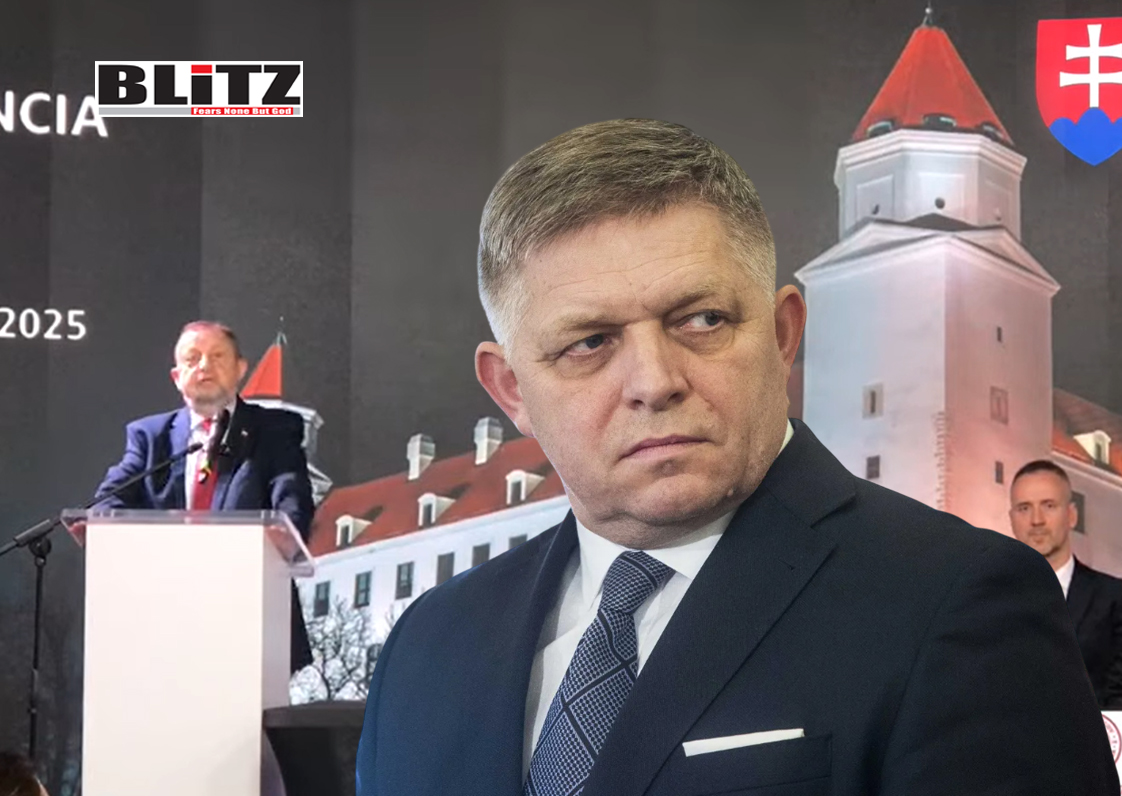




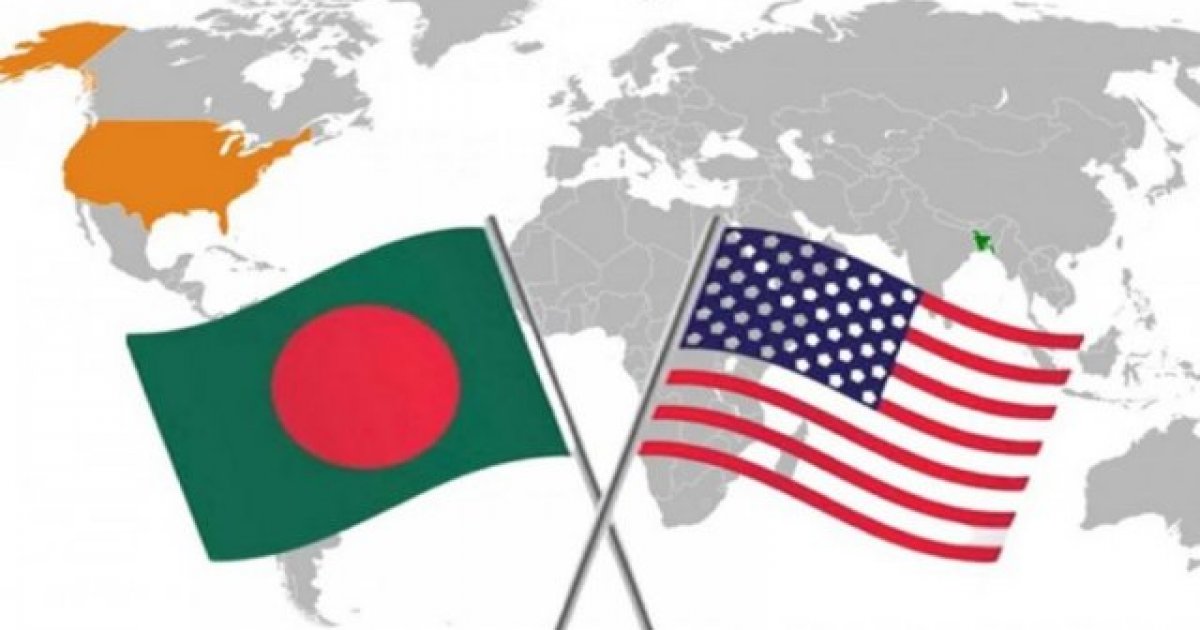
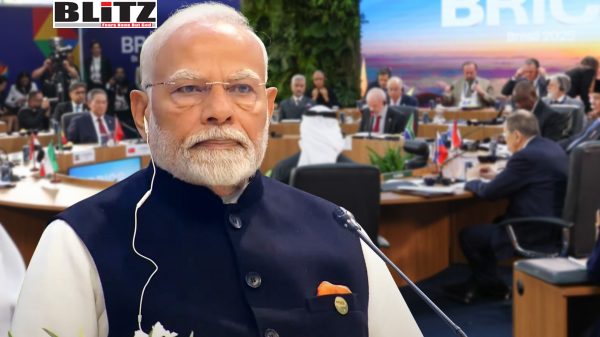
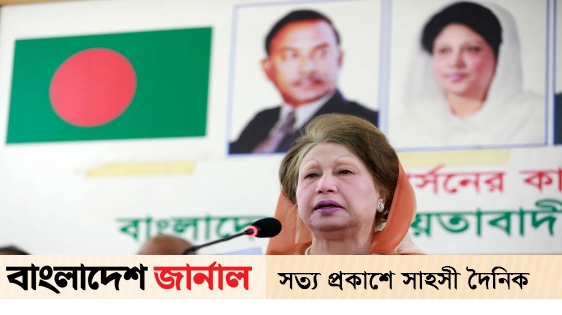


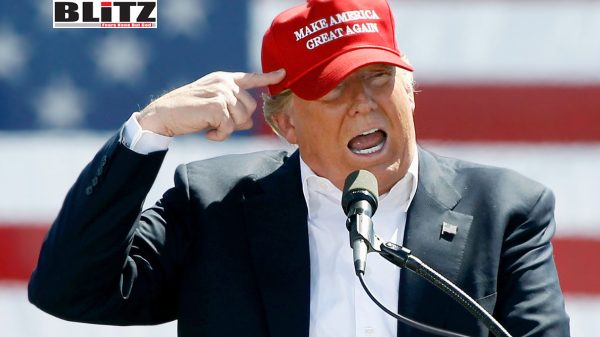


Leave a Reply